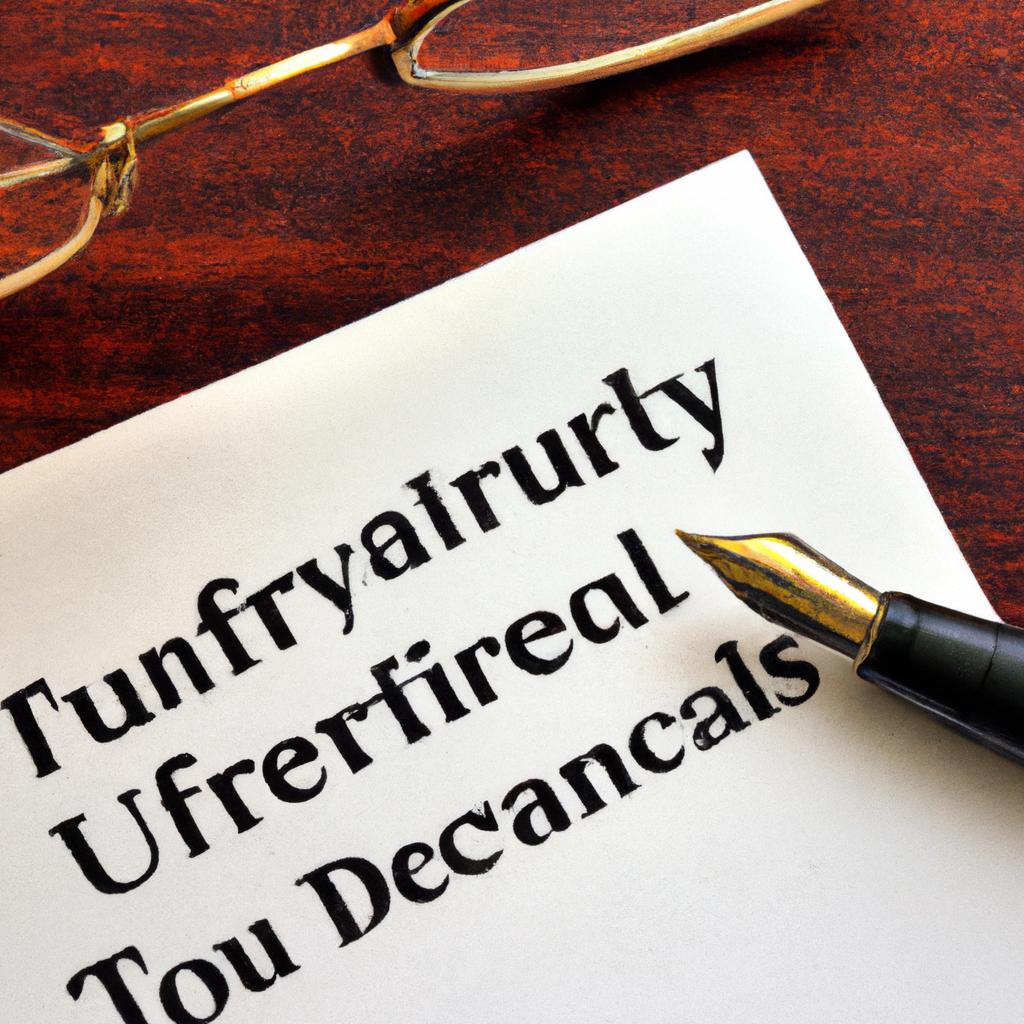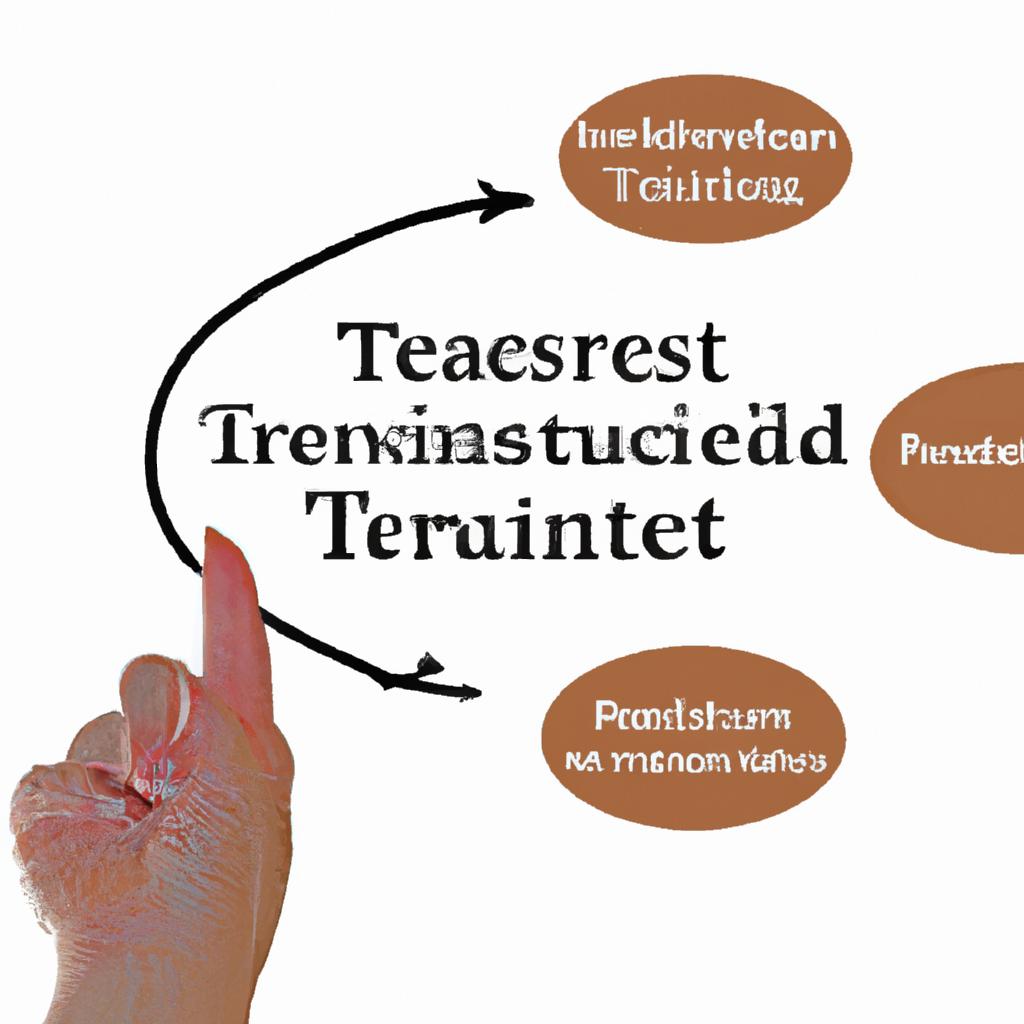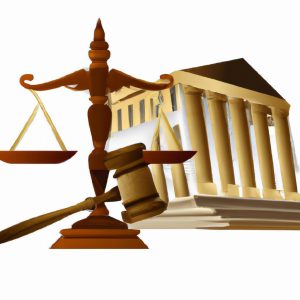In the intricate web of estate planning, the trustee of a trust plays a pivotal role in ensuring the proper administration and distribution of assets. As experienced lawyers at Morgan Legal Group in New York City, we understand the delicate balance of legal responsibilities and fiduciary duties that come with the title of trustee. From managing assets to adhering to the wishes of the grantor, the trustee holds a position of trust and accountability. Join us as we delve into the intricacies of this crucial role and the importance of selecting a trustworthy individual to oversee your estate planning needs.
Key Responsibilities of a Trustee of the Trust
As a trustee of the trust, you bear a significant responsibility in managing the assets and affairs of the trust for the benefit of the beneficiaries. Some of the key responsibilities that come with this role include:
- Prudent Investing: Ensuring that the trust assets are invested wisely and in accordance with the terms of the trust document.
- Accounting: Keeping accurate records of all transactions and providing regular accountings to the beneficiaries.
- Communication: Keeping open lines of communication with the beneficiaries and informing them of any important developments.
- Fiduciary Duty: Acting in the best interests of the beneficiaries and avoiding any conflicts of interest.
| Responsibility | Description |
|---|---|
| Asset Management | Responsible for managing and investing trust assets prudently. |
| Decision Making | Making decisions in the best interests of the beneficiaries. |
| Legal Compliance | Ensuring compliance with all legal and regulatory requirements. |
Overall, being a trustee of the trust requires diligence, honesty, and a commitment to fulfilling your fiduciary duties. It is important to seek legal guidance when in doubt and to act in a transparent and responsible manner at all times.

Understanding the Fiduciary Duty of a Trustee
Being appointed as a trustee of a trust comes with great responsibility and legal obligations. A trustee is required to uphold the highest standard of care and loyalty in managing the trust assets for the benefit of the beneficiaries. is crucial to ensuring that the trust is administered in accordance with the terms of the trust document and in compliance with the law.
**Key Elements of the Fiduciary Duty of a Trustee:**
- **Duty of Loyalty:** A trustee must always act in the best interests of the beneficiaries and avoid any conflicts of interest.
- **Duty of Care:** A trustee is required to prudently manage the trust assets and make informed decisions that are in the best interests of the beneficiaries.

Navigating the Legal and Financial Obligations of a Trustee
As a trustee of a trust, you hold a significant amount of responsibility in managing the legal and financial affairs of the trust for the benefit of the beneficiaries. It is essential that you understand your obligations and duties to ensure that you fulfill your role effectively.
Some key considerations for include:
- Understanding the terms of the trust: Familiarize yourself with the specific provisions and instructions outlined in the trust document.
- Acting in the best interests of the beneficiaries: Make decisions that prioritize the interests of the beneficiaries and adhere to the terms of the trust.
- Keeping accurate records: Maintain detailed records of all transactions, communications, and decisions made on behalf of the trust.

Recommendations for Selecting and Managing a Trustee for Your Trust
When selecting and managing a trustee for your trust, it is essential to choose someone who is trustworthy, responsible, and capable of handling financial matters. A trustee plays a crucial role in managing the assets within the trust and ensuring that the wishes of the grantor are carried out accordingly. Below are some :
- Consider Professional Expertise: When choosing a trustee, it is important to consider their level of expertise in financial matters and their ability to make sound investment decisions.
- Establish Clear Guidelines: Clearly outline the responsibilities and expectations of the trustee in the trust document to ensure that they understand their role and duties.
- Maintain Communication: Regular communication with the trustee is key to ensure that they are fulfilling their obligations and acting in the best interests of the trust and its beneficiaries.
Q&A
Q: What is a trustee of the trust?
A: A trustee of the trust is the individual or entity responsible for managing the assets held within a trust for the benefit of the trust’s beneficiaries.
Q: What are the responsibilities of a trustee?
A: The responsibilities of a trustee include managing the assets in the trust, distributing income and assets to beneficiaries in accordance with the terms of the trust, and acting in the best interests of the beneficiaries.
Q: How is a trustee selected?
A: A trustee is typically selected by the grantor of the trust when the trust is created. However, in some cases, a trustee may be selected by a court or designated in the trust document itself.
Q: Can a trustee be removed?
A: Yes, a trustee can be removed if they fail to fulfill their responsibilities or if there is a conflict of interest. In most cases, a new trustee can be appointed to take over their duties.
Q: What are the qualities of a good trustee?
A: A good trustee should be trustworthy, responsible, financially savvy, and able to act in the best interests of the beneficiaries. Communication skills and a willingness to seek advice when needed are also important qualities for a trustee.
Wrapping Up
In conclusion, being a trustee of a trust is both a responsibility and a privilege. It requires a fine balance of trust, integrity, and sound decision-making. As the guardian of assets and interests, a trustee plays a pivotal role in ensuring that the trust’s objectives are met and beneficiaries’ needs are safeguarded. By fulfilling their duties diligently and ethically, trustees can enrich the lives of those they serve and uphold the legacy of the trust founder. Trusteehood is not just a title; it is a commitment to uphold the trust and confidence bestowed upon them. So, whether you are considering taking on the role of a trustee or currently serve in that capacity, remember that with great power comes great responsibility. Trust wisely, act judiciously, and the trust will be in safe hands.
 Title: Understanding the Role and Responsibilities of a Trustee of the Trust
Title: Understanding the Role and Responsibilities of a Trustee of the Trust
Meta title: Trustee of the Trust: Role, Responsibilities, and Benefits of Appointing One
Meta description: This article provides a comprehensive overview of the trustee of trust, including their role, responsibilities, and the benefits of appointing one. Learn how a trustee can safeguard your assets and ensure their efficient management.
Introduction
A trust is a legal arrangement where a person, known as a trustor or grantor, transfers their assets to a trustee. The trustee holds these assets for the benefit of the beneficiaries. A trustor can appoint a trustee during their lifetime or through their will. The trustee is responsible for managing the assets according to the terms of the trust and distributing them to the beneficiaries as per the trustor’s instructions. In this article, we will delve deeper into the role and responsibilities of a trustee of a trust.
Role of a Trustee of the Trust
The primary role of a trustee is to ensure the efficient management and protection of the assets held in the trust. They must act in the best interests of the beneficiaries and follow the terms of the trust. Let us look at some of the responsibilities of a trustee in detail.
1. Duty of Loyalty
A trustee has a fiduciary duty to act in the best interests of the beneficiaries. They must avoid any conflict of interest and make decisions solely for the benefit of the trust’s beneficiaries. They cannot use their position to benefit themselves or any other party.
2. Investment Management
One of the most crucial responsibilities of a trustee is managing the assets held in the trust. They must ensure that the assets are invested wisely and generate a reasonable return. A trustee should have a good understanding of financial management and seek professional help if needed.
3. Record-Keeping
A trustee must maintain accurate records of all the trust’s transactions, including income, expenses, and distributions. They must also provide regular reports to the beneficiaries, informing them of the trust’s financial status and any changes made to the assets.
4. Distribution of Trust Assets
A trustee has the responsibility to distribute the trust assets to the beneficiaries according to the terms of the trust. They must make sure that all the distributions are made fairly and in a timely manner. If there are minor beneficiaries, the trustee must ensure that their assets are held until they reach the age at which the trust specifies they can receive them.
Benefits of Appointing a Trustee
Appointing a trustee has several benefits, including:
1. Professional Expertise
A trustee is a professional with a good understanding of financial management and can make sound investment decisions for the trust’s assets. They can also provide unbiased advice on various trust-related matters, ensuring the trust’s efficient management.
2. Protection of Assets
By appointing a trustee, you can safeguard your assets from situations like divorce, lawsuits, or bankruptcy. As the assets are held in the trust, they are not considered personal assets of the beneficiaries or the trustee.
3. Continuity of Management
A trustee can ensure the continuity of trust management even after the trustor’s death or incapacitation. This is especially important if the beneficiaries are minors or lack financial expertise.
4. Objective Decision-Making
As a neutral third party, a trustee can make unbiased decisions regarding the trust assets and distributions. This can minimize conflicts among beneficiaries and ensure fair treatment for all.
Practical Tips for Selecting a Trustee
Choosing the right trustee is crucial for the efficient management of your trust. Here are a few practical tips to keep in mind when selecting a trustee:
1. Trustworthiness
The trustee must be someone you trust implicitly, as they will be managing and distributing your assets on behalf of your beneficiaries.
2. Financial Expertise
Choose a trustee who has a good understanding of financial management and investments. This will help ensure the efficient management of the trust assets.
3. Willingness to Serve
It is essential to choose a trustee who is willing to fulfill the responsibilities of the role. Consider discussing the trustee’s role with them before appointing them to ensure they are comfortable with the responsibilities.
Real-Life Example
Mrs. Smith, a widow with two young children, wanted to set up a trust to protect her assets for her children’s future. She appointed her brother, Mr. Jones, as the trustee of the trust. After her death, the trust assets generated good returns under Mr. Jones’s management, and he ensured the timely distribution of funds to Mrs. Smith’s children when they turned 21. The trust helped Mrs. Smith’s children avoid any financial difficulties and provided them with a secure future, thanks to the efficient management of the trustee.
Conclusion
A trustee of a trust plays a crucial role in ensuring the efficient management and protection of the trust assets. They have fiduciary responsibilities towards the beneficiaries and must act in their best interests. By appointing a trustee, you can safeguard your assets, ensure their efficient management, and provide a secure future for your loved ones. Consider seeking professional help to select the right trustee and ensure that your trust’s terms and instructions are clear and comprehensive.






